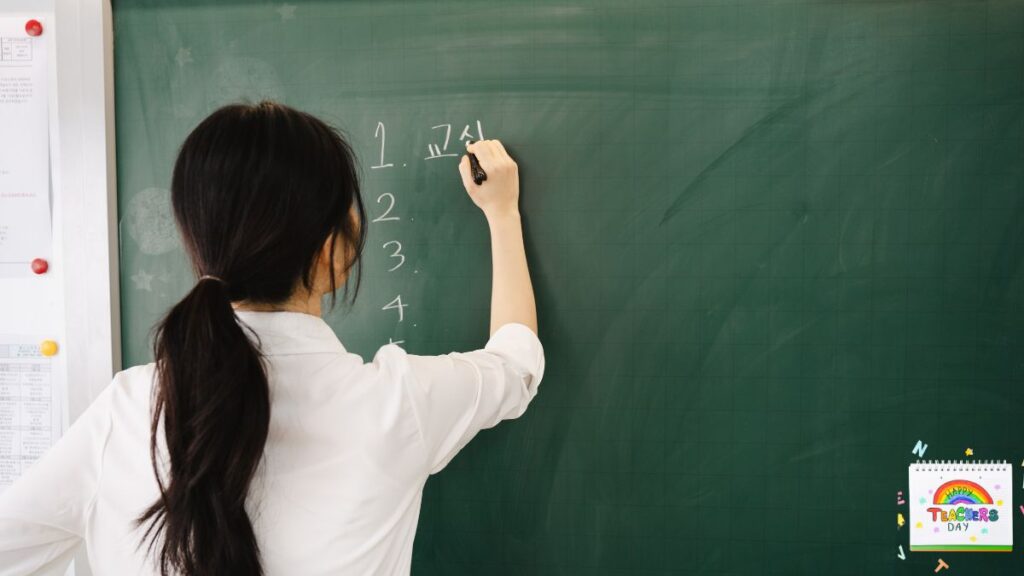Celebrated on September 5, Teachers’ Day recognizes educators’ importance in guiding students and keeping traditions alive.
In India, Teachers’ Day is celebrated on September 5 to honor Dr. Sarvepalli Radhakrishnan, who was the second president of India, a philosopher, and an eminent educationist. He had expressed the importance of a teacher contributing to not merely the knowledge of students, but the values and cultural background of students. The celebration recognizes the sacrifices made by educators across India for society.
Teachers Preserve and Transmit Cultural Knowledge
Teachers in India are critical to preserving cultural heritage and knowledge and contribute to intergenerational knowledge transfer. They teach students to read, write, and speak in regional languages, classical literature, folklore, and oral histories. Teachers also introduce students to traditional arts and activities such as music, dance, and regional performances. Teachers reinforce cultural knowledge by providing experiences for children such as learning Bharatanatyam, Kathak, or other folk dances; these certain activities support children’s engagement with the diverse cultural practices of India.
Teachers’ Day Celebrations Showcasing Cultural Diversity
Schools and colleges showcase cultural literacy through their Teachers’ Day celebrations. Teachers’ Day programs commonly capture cultural practices found in everyday life through music and dance or represent who teachers/educators are through simple skits, using historical figures in clothing. Teachers’ Day programs demonstrate cultural perspectives of honoring knowledge and mentorship. These basic steps help provide students with time to express appreciation and support for teachers to express respect and inclusivity in terms of Indian values.
Teachers Act as the Bridge Between Past and Present
Teachers serve as a bridge between the past and the present by passing on traditional knowledge, customs, and rituals. They actively pass on cultural practices while integrating them into modern life. It is especially important to observe Teachers’ Day publicly by commemorating the notion of mentorship and lifelong learning as a means of passing on cultural identity.
They help students teeter between the modern learning functionalities and their cultural roots. They help to blend traditional knowledge and learning into subjects like history, literature, and social studies, which will allow students to create a healthier sense of pride, identity, and continuity.
Teachers’ Day is not only a celebration of educators’ contributions; it reminds us of their important role in preserving the culture of India. Educators teach languages, arts, values, and traditions, passing on cultural knowledge for future generations.
